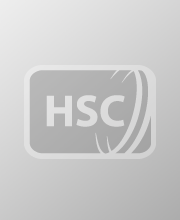TB Factsheet

What is TB (tuberculosis)? TB is a serious but curable infectious disease. It usually affects the lungs but it can affect other parts of the body. What are the symptoms? Any of the following symptoms may occur: • Cough • Phlegm • High temperature • Sweating at night • Weight loss • Fatigue / general tiredness • Swollen glands If you are concerned that you might have TB, or develop any of these symptoms, please visit your family doctor for advice. How do you catch TB? It is usually spread through the air from someone with the infectious type of TB. The germ gets into the air when that person coughs, sneezes or spits. Who can get TB? Anyone can get TB but it is difficult to catch. It mainly depends on the amount of time that is spent in contact with someone with infectious TB. What if I have been in close contact with someone with infectious TB? If you are identified as a contact at risk from TB then you will be invited for screening. Initial screening consists of a skin test to determine if your immune system recognises TB. The skin test is called the Mantoux test, the result of which needs to be read 48 hours later. People who have a positive skin test and / or evidence of TB infection found on chest X-ray, or who are unwell will be investigated further by a specialist doctor and may be treated with a course of anti-TB medication. How is TB treated? TB is curable. Treatment consists of a long course of different types of specialist antibiotics. What happens next? If you have been identified as a close contact of the case, you will be invited for screening by the accompanying letter. Otherwise, you will have received a general information letter, and have not been identified as requiring screening at this time.
If you require further information, Doctors and nurses will be available at the school between 7pm and 8pm on Tuesday 19th January and between 9.30am and 11.00am on Wednesday 20th January to provide further information. If you have any further queries, please phone the Public Health Doctor on 028 25311146 during office hours.
